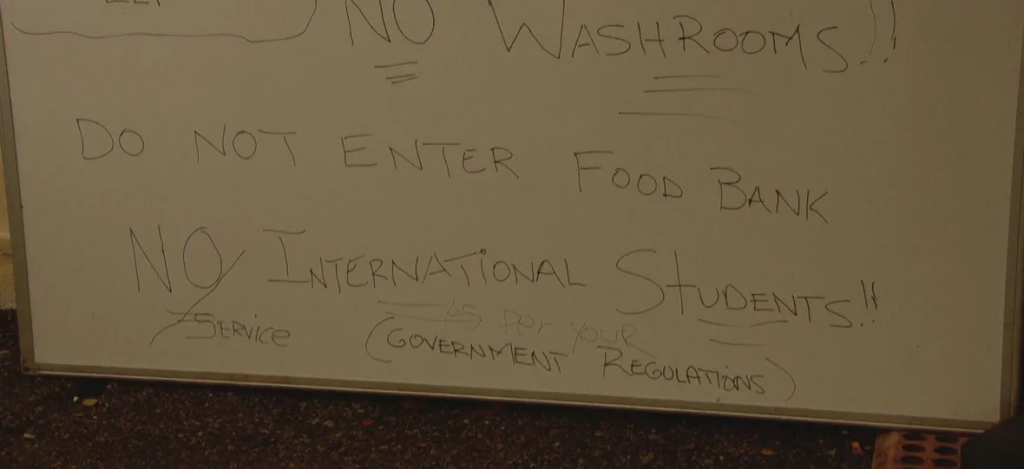
On 22 January 2024, the Canadian government announced its intent to set new limits on study permits issued to international students in the year 2024. The government’s news release acknowledges that international students serve an important purpose and contribute positively to Canada’s diverse student body and broader social fabric. The issue seems to arise when the influx of international students becomes too much for domestic institutions and existing systems of support to handle. The result of this is added pressure on Canadian housing, health care, and social welfare systems, and international students are left vulnerable, wondering if it is possible to sustain themselves, grappling with feelings of ostracisation, and perhaps re-evaluating their future academic and professional plans.
The government’s plan is to cap the approval of study permits for international students at 360,000, a decrease of 35% from last year. The cap will be implemented across the provinces and territories, according to population size. The government’s primary goal? To stabilise growth and protect the integrity of the international student system, a system that has become increasingly vulnerable to abuse in recent years. Due to the lucrative nature of charging international students alarmingly high tuition, fraudulent ventures purporting to be legitimate educational institutions are financially exploiting these students, many of whom are sacrificing a lot to pursue an education in Canada. International students, sold on whatever version of the “Canadian Dream” has been presented to them, leave families and occupations behind to study a foreign language in a foreign country.
It only takes a few minutes of scrolling on Reddit, through various subreddits dedicated to Canadian college and university campuses, to understand that many Canadians are unhappy with the number of international students residing in their neighbourhoods, on their campuses, and surprisingly, working at their local Tim Hortons. Thoughtful comments about the affordability and economic issues facing Canadians today are scarce among the flood of overtly racist remarks. In July 2023, the National Post reported that an international student studying at Conestoga College was found living under a bridge in Toronto, which sparked a debate on how Canada is failing this population, or if this is even Canada’s responsibility at all. In November 2023, a food bank in Brampton, Ontario posted signs outside their facility with the words “No International students!!” When questioned, the board president said that there were simply too many of them (students) coming with backpacks and taking lots of food. She found it difficult to assess whether they were in real need or whether they were taking away resources from people in real need. She details interactions with some students, asserting that many are taught how to maximise Canadian social support systems to garner as much financial benefit as possible. With talks of affordability, in the context of housing, groceries, daycare, etc. on every news channel and at the forefront of the minds of most Canadians, the prospect of people cheating the system, particularly those who are required to prove that they won’t before being issued a study permit, is understandably upsetting.
The Canadian government, in issuing this cap on study permits, explicitly claims they are protecting international students, and is in some ways asserting their commitment to building a more sustainable and affordable Canada. Whether this was an effective way of doing so is up for debate. Some provinces, notably those in the Maritimes, claim that this new policy affects them disproportionately as they are not experiencing some of the same issues other provinces have been dealing with in this regard. In bringing this debate closer to home, in fact to our campus, it must be noted that York University is experiencing dwindling domestic enrolment rates. 18% of York’s total enrolment is attributed to international students, primarily from China and India. In the acting auditor general’s report, released on 6 December 2023, York is focused on diversifying its international applicant pool, to establish more security for financial health. It will be interesting to see how the institution will reconcile this recently established goal with the government’s plan now set in motion to counteract it.
